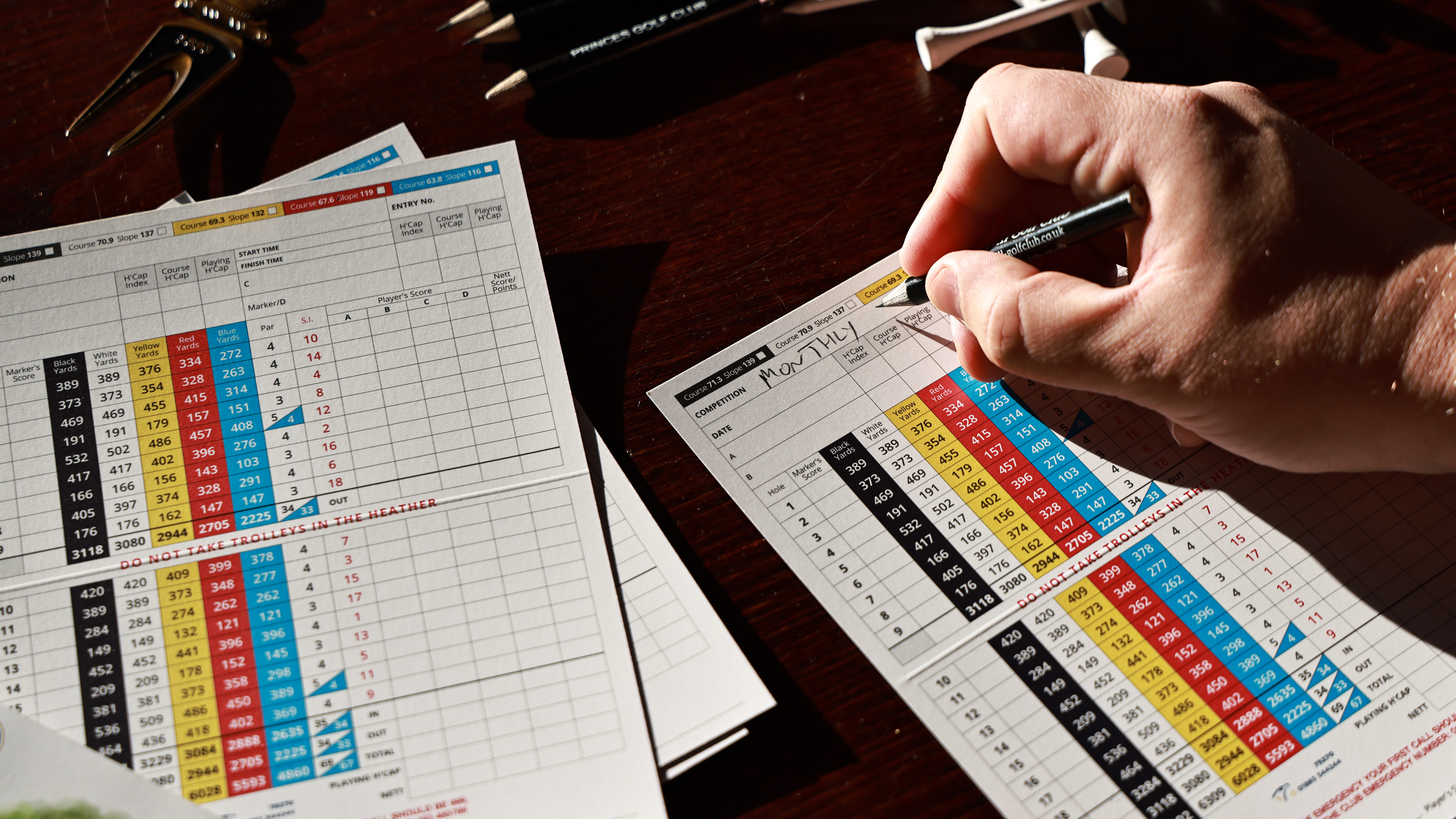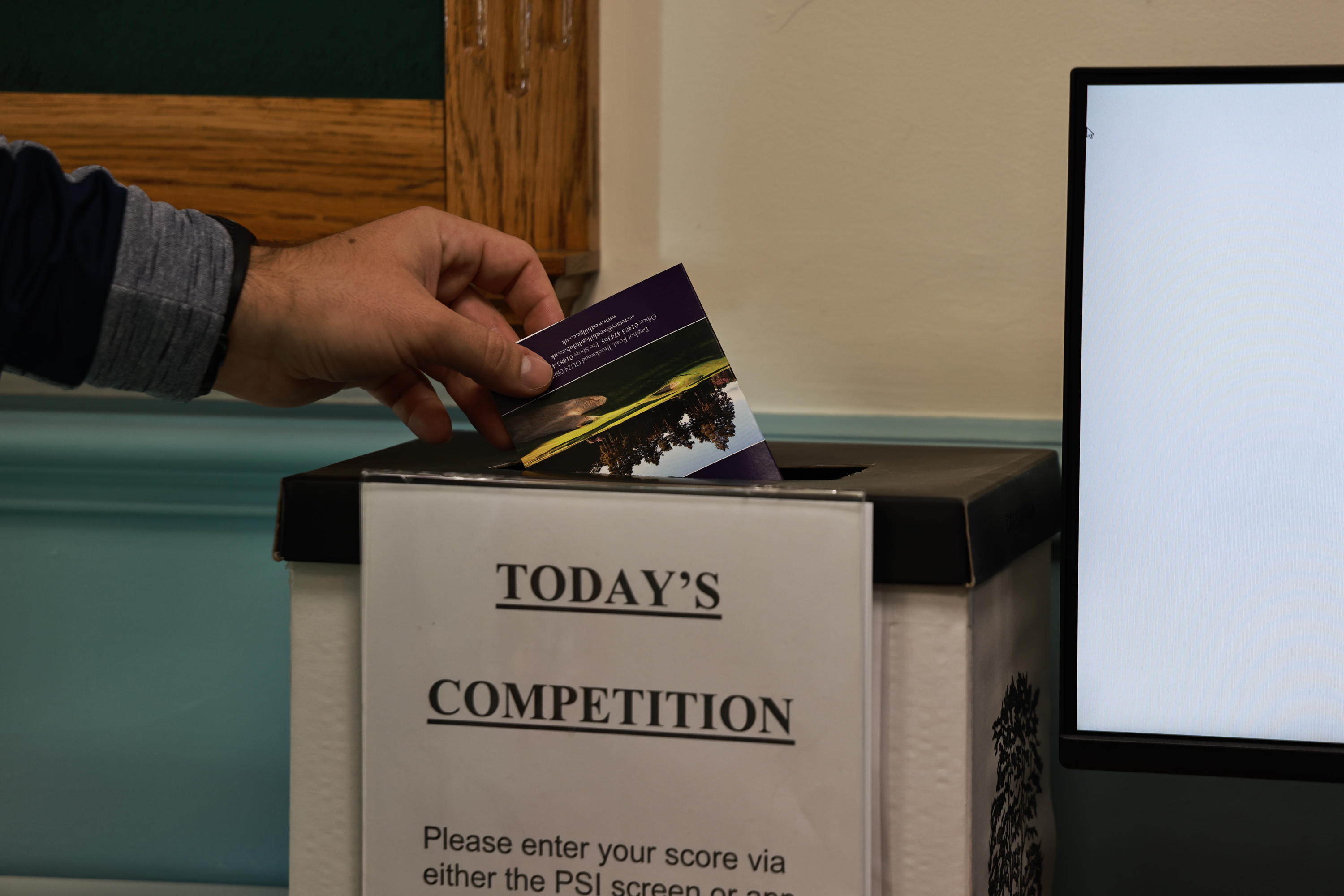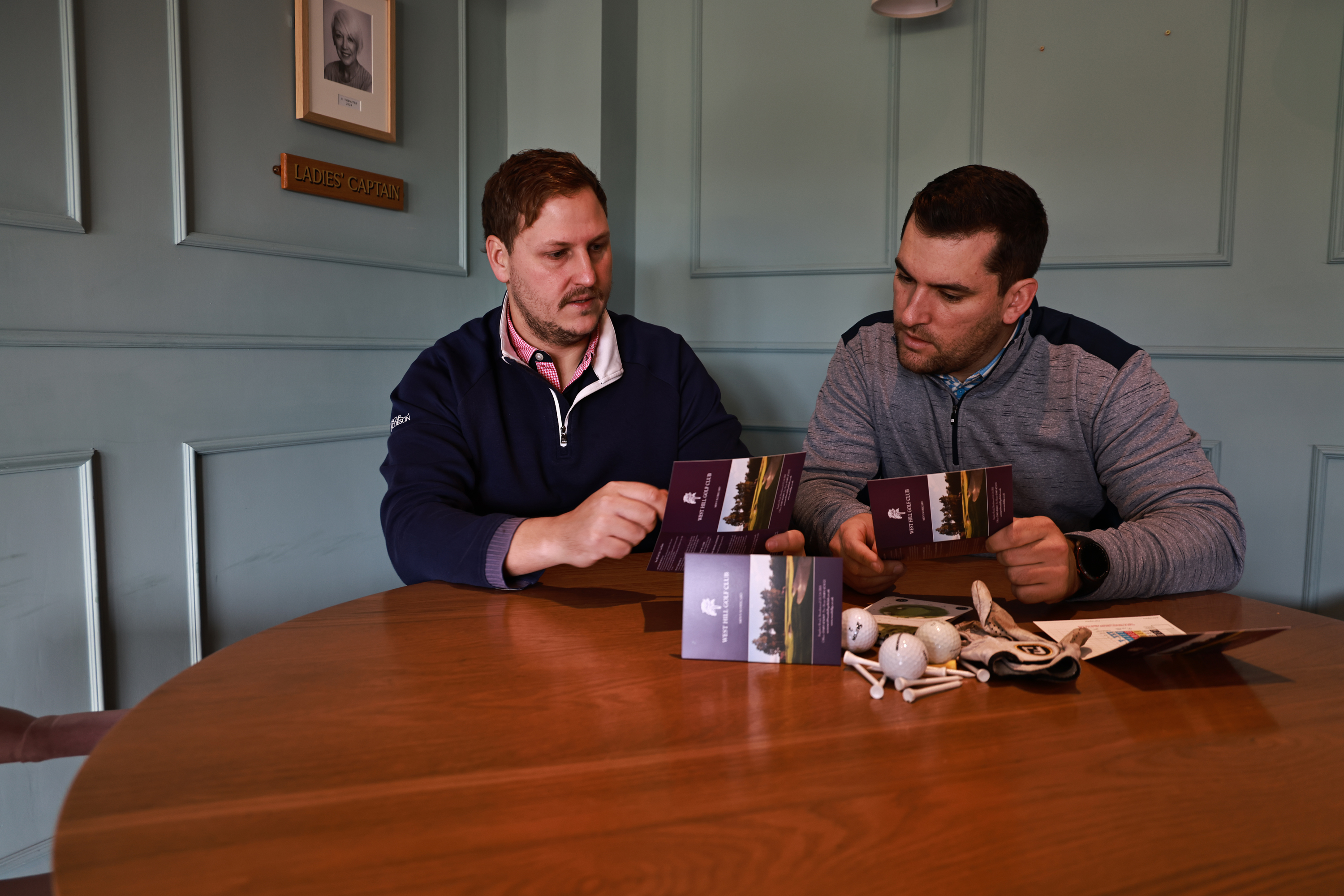How Often Should You Play To Your Golf Handicap?
For most honest golfers, an objective of each round is to beat your handicap. We all know it doesn't always happen. how often should we play to handicap?


Golfers are eternal optimists. We simply have to be. Given what we know about the limitations of our own abilities, the vagaries of the game and our long histories of golfing failures and disappointments, we must believe that better things lie ahead every time we set foot on the first tee. If we didn’t think like that, we’d stash the clubs in the loft, never to be seen again.
The average golfer sets forth for an average day on the links truly believing they have a strong chance, not only of playing to their handicap but perhaps of beating it. They travel to the club full of hope, expectation and positivity.
The reality is quite different and, more often than not, there will be considerably less cause for golfing positivity on the drive home.
But we shouldn’t be too downhearted when we don’t play to handicap because it just won’t happen that often. And, under the World Handicap System, (WHS) it’s just not required.
How Often Do Golfers Actually Shoot Their Handicap?

Has this person matched their handicap index?
WHS takes an average of the best eight of your last 20 score differentials to calculate your Handicap Index. If you are at a handicap index you are happy with then, worst case scenario, you would need to match it eight times every 20 rounds – so 40% of the time.
That’s not realistic though as within your best eight, you are likely to have a few score differentials that are significantly better than your handicap index and a few that are quite a bit worse. If you factor in those “best” scores then, it’s almost certain that, to maintain a consistent handicap index you will actually shoot (record a score differential equal or better than) your handicap fewer than eight times in 20 – below 40% of the time.
Every golfer is different, and it will depend on your consistency level as to how frequently you will match or better your handicap index with your score differential. In theory, you could maintain a handicap index by playing to it only once every 20 rounds (5% of the time), if that one time is a superb score differential – considerably better than your handicap index, all seven of your other counting rounds in the most recent 20 could be above handicap index.
Get the Golf Monthly Newsletter
Subscribe to the Golf Monthly newsletter to stay up to date with all the latest tour news, equipment news, reviews, head-to-heads and buyer’s guides from our team of experienced experts.
More likely, your handicap record will show something in the middle, between one and eight times that score differential has matched handicap index every 20 counting rounds.
On average, score differential will match or better handicap index once every four or five rounds.
General Play Vs Social Play

Doing a General Play, or just scoring for fun?
In the UK, we’re not required to put in every score for handicap purposes although we can do so via General Play. But the majority of golfers still play social golf and often, without a card in hand, will return better scores (in more relaxed conditions) than they would when it’s counting towards their handicap.
In countries where golfers still play social rounds that don’t count towards handicap, it’s likely (although not provable) that they will play to (or better) their handicap index more frequently.
That’s conjecture though and all we can really go on is the maths behind WHS. From that, we know that to maintain a consistent handicap, your score differential will match handicap index a maximum of 40% of rounds and match (or better) it a minimum of 5% of rounds.

Fergus is Golf Monthly's resident expert on the history of the game and has written extensively on that subject. He has also worked with Golf Monthly to produce a podcast series. Called 18 Majors: The Golf History Show it offers new and in-depth perspectives on some of the most important moments in golf's long history. You can find all the details about it here.
He is a golf obsessive and 1-handicapper. Growing up in the North East of Scotland, golf runs through his veins and his passion for the sport was bolstered during his time at St Andrews university studying history. He went on to earn a post graduate diploma from the London School of Journalism. Fergus has worked for Golf Monthly since 2004 and has written two books on the game; "Great Golf Debates" together with Jezz Ellwood of Golf Monthly and the history section of "The Ultimate Golf Book" together with Neil Tappin , also of Golf Monthly.
Fergus once shanked a ball from just over Granny Clark's Wynd on the 18th of the Old Course that struck the St Andrews Golf Club and rebounded into the Valley of Sin, from where he saved par. Who says there's no golfing god?
-
 JM Eagle LA Championship Prize Money Payout 2025
JM Eagle LA Championship Prize Money Payout 2025The LPGA Tour heads to California for the JM Eagle LA Championship, where the largest prize money payout of the season so far is on the table
By Mike Hall Published
-
 Corales Puntacana Championship Prize Money Payout 2025
Corales Puntacana Championship Prize Money Payout 2025The PGA Tour’s latest opposite field event features an attractive prize money payout and some former champions in the field
By Mike Hall Published